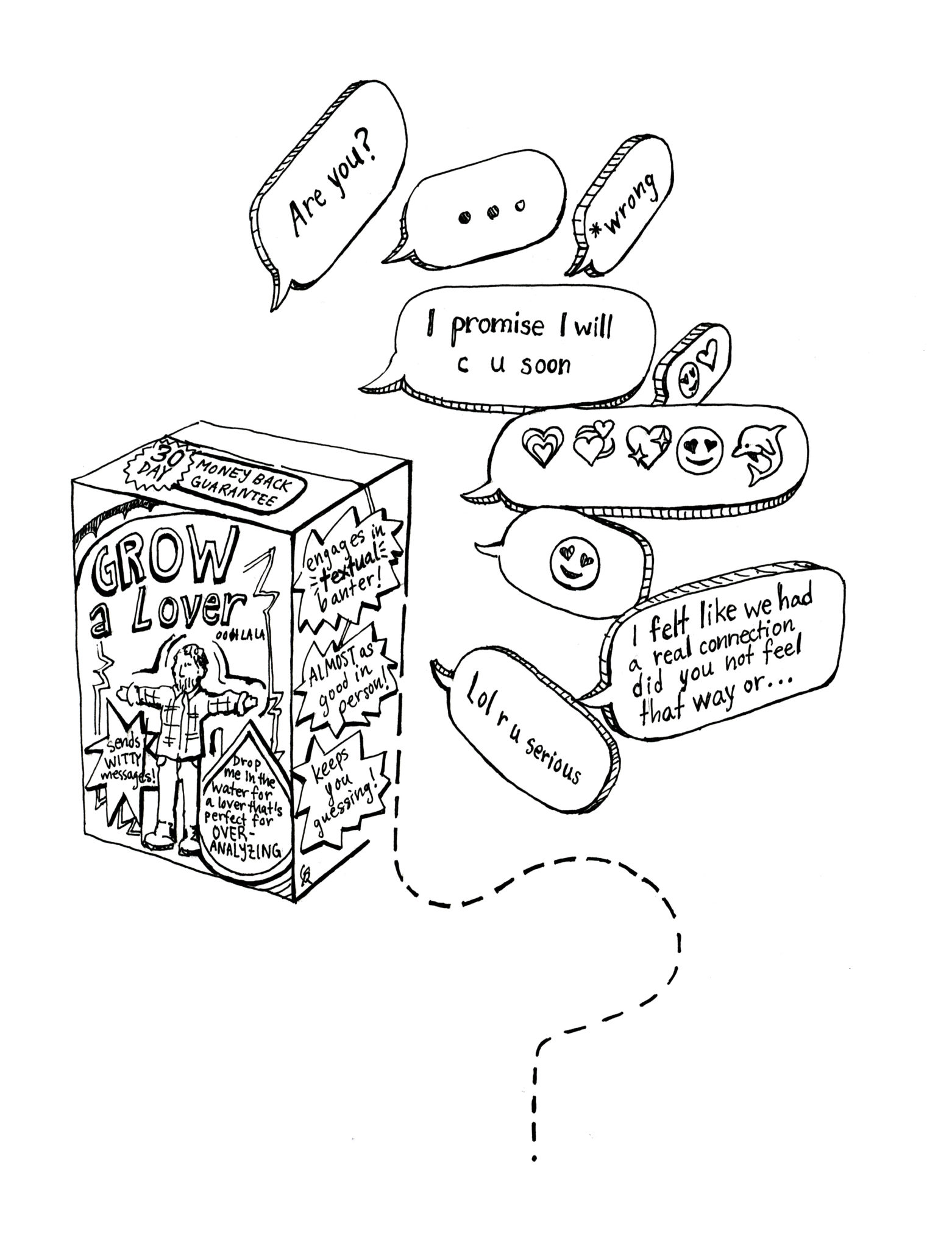
“Men are bad” is probably the biggest takeaway from 2017, so it’s no surprise that Kristin Roupenian’s short story “Cat Person” had the immediate resonance and cultural impact it did. And because the second biggest takeaway from 2017 was that men are fundamentally unable to come to terms with their own badness, “Cat Person” generated a predictable slew of male whining.
As anthologized by the extremely good Twitter account “Men React to Cat Person,” men simply could not resist the temptation to share their thoughts about how the story was sexist and which male authors could have done a better job of writing it. Highlights included — please pause here to find something to muffle your disgusted shrieks — a tweet in which a man named Phillip Waldron announced that he was “practiced at the art” of fingering and a Facebook comment where David Fair shared his informed opinion that the story “wreaks” of “self-involved literature” like “Catcher in the Rye,” but worse, because it wasn’t written by J.D. Salinger.
Even allegedly reputable publications couldn’t restrain themselves. The National Review honoured its founder William F. Buckley Jr.’s legacy by publishing more than a thousand words of vigorous condescension addressed to the fictional protagonist of the story. This triumph of journalism included a lengthy section where the author calculated, using a complex formula called “not having anyone edit your article,” that the three beers the protagonist drank during the course of a date were actually ten beers, making her (I suppose) 3.33 times more irresponsible than she initially appeared.
Although Roupenian’s story was, again, completely fictional, a recent account of a real-life gray-area sexual encounter has provoked similar reactions. The story, an anonymous account of a date with Aziz Ansari gone wrong, was published on Babe.net, an offshoot of The Tab (et tu, Yale Republicans).
Multiple think pieces noted how both the Ansari account and “Cat Person” highlighted ambiguously consensual sexual encounters. And much as “Cat Person” had prompted backlash, right-wing commentators piled onto the Ansari story, with Bari Weiss writing that it “criminalized” Ansari’s actions and Caitlin Flanagan accusing it of “humiliating,” “destroying” and even “professionally assassinating” him.
To which I say — I wish! It’s news to me, to Yale, to whoever keeps paying Woody Allen to make movies about sexy teens and basically to every employer in America that being accused of even overtly nonconsensual sexual activity is career-ending. It’s barely even career-interrupting, and I have no doubt that Ansari will be just fine.
Also, I hate to break it to those of us who are too intellectual to read People magazine, but a celebrity doing a bad thing is newsworthy, even if that thing isn’t technically illegal. If someone had a recording of Aziz Ansari using a slur, wouldn’t that be worth reporting on? Does he have to commit a crime before we’re allowed to be incensed?
Much as they did with “Cat Person,” men, and the women who love to pander to them, interpreted an account of a bad sexual experience as a call to imprison the man involved. This stance isn’t some innocent misunderstanding: It’s a calculated move that allows the same people who usually (over-)champion free speech to ban women from talking about their experiences.
I hope that the next story about a celebrity treating women badly isn’t disregarded because his crimes didn’t match those of Harvey Weinstein. Feminists have spent decades fighting for affirmative consent to be the standard, an effort that finally seemed to be making headway. But the #MeToo backlash is trying to set the standard for sexual behavior at “don’t commit crimes.” Don’t indulge them.
Katie Martin | katherine.d.martin@yale.edu







